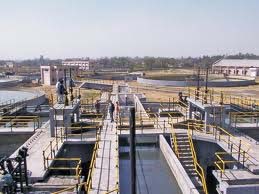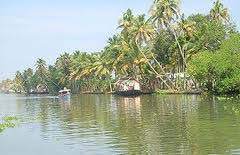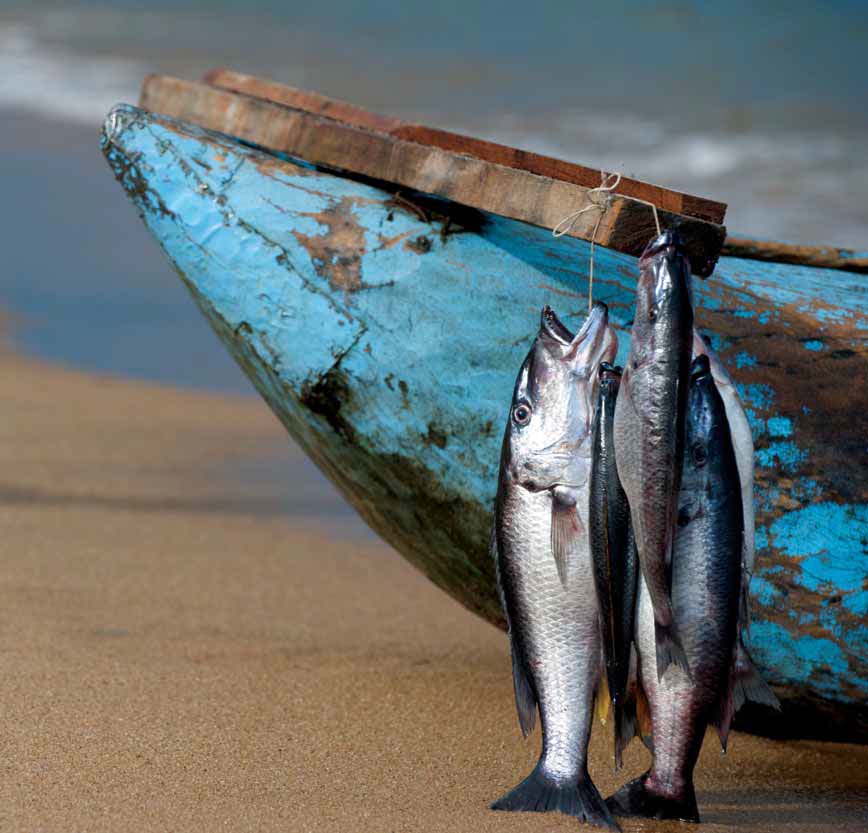/topics/biological-pollution
Biological Pollution
Institutionalization of users' level - Water quality monitoring and surveillance in Gujarat - A report by WASMO
Posted on 26 Sep, 2011 11:39 AMThe programme focused on community involvement in assessing and evaluating water quality.
Revised guidelines for the centrally sponsored scheme of Common Effluent Treatment Plants (CETPs) - Ministry of Environment & Forests, 2011
Posted on 25 Sep, 2011 06:03 PM
Image courtesy: www.projectsmonitor.com
Under the Water (Prevention and Control of Pollution) Act, 1974, every industry has to provide adequate treatment of its effluents before disposal, irrespective of whether it is in stream, land, sewerage system of sea. The small scale industrial units (SSI), which are presently defined as units whose plant and machinery are valued at less than Rs. 5 crore occupy an important place in the country's economy. The SSIs are a major contributor to the total industrial pollution load of the country. However, only a small fraction of the effluent discharge from these units is estimated to be treated as on date.
Evaluation of Central Pollution Control Board (CPCB) – A report by Indian Institute of Management Lucknow
Posted on 25 Sep, 2011 02:41 PMThis evaluation report by the Indian Institute of Management (Lucknow) of the Central Pollution Control Board (CPCB), a central institution established to set environmental standards for all parts of the country focuses on strengthening of CPCB and its preparedness to undertake various measures as suggested by environmental statutes.
Groundwater quality assessment of Jharia coalfield area in West Bengal - A case study in NISCAIR
Posted on 27 Aug, 2011 06:35 PMThis case study in National Institute of Science Communication and Information Resources (NISCAIR) by the Central Institute of Mining and Fuel Research (CIMFR), Dhanbad and the Geo-Environment Division (Environment Management Group) deals with groundwater quality assessment of Jharia coalfield area of West Bengal. The physiochemical characteristics of groundwater of the upper catchments of the coalfield were studied to evaluate the water quality.
Water quality study and cost-benefit analysis of rainwater harvesting in Kuttanad, Kerala
Posted on 25 Aug, 2011 02:23 PM This thesis by Christina Tang for the Center of Environmental Studies, Brown University deals with a study of water quality and attempts to ascertain the net benefits or costs from rainwater harvesting under a variety of scenarios for households in various water supply conditions.
This thesis by Christina Tang for the Center of Environmental Studies, Brown University deals with a study of water quality and attempts to ascertain the net benefits or costs from rainwater harvesting under a variety of scenarios for households in various water supply conditions.
Eighty percent of the 7,00,000 citizens of Kuttanad, a region in the coastal State of Kerala have no access to clean water. In Kuttanad, intensive untreated human sewage and agricultural activities have caused severe surface water contaminations. At the same time, other sources of freshwater are unreliable for drinking: groundwater is acidic due to the soil conditions and iron leaching; freshwater from public tap is infrequent; and water supply from private vendors is extremely expensive.
Blue harvest – Inland fisheries as an ecosystem service – A report by UNEP
Posted on 24 Aug, 2011 11:34 AM This report by United Nations Environment Programme (UNEP) reviews the importance of inland fisheries as an ecosystem service, the pressures upon them, and management approaches to sustain them and thus helps inform future approaches to conservation and management of freshwater ecosystems.
This report by United Nations Environment Programme (UNEP) reviews the importance of inland fisheries as an ecosystem service, the pressures upon them, and management approaches to sustain them and thus helps inform future approaches to conservation and management of freshwater ecosystems.
There is an urgent need for major investment in policy and management approaches that address the direct and indirect drivers of aquatic ecosystem degradation and loss of inland fisheries taking into account their role in sustainable development and human well being. The UNEP Ecosystem Management Programme (UNEP-EMP) provides an effective framework for pursuing this challenge.
Rajiv Gandhi National Drinking Water Mission – Report of an evaluation study by the Planning Commission (2010)
Posted on 23 Aug, 2011 10:17 PMThis evaluation study report by the Programme Evaluation Organisation, Planning Commission attempts to document the major achievements in rural water services under Rajiv Gandhi National Drinking Water Mission. It does so by assessing the extent of coverage and access to improved services in the rural areas.
Virological evaluation of domestic water purification devices in India - Inadequate quality and the need for virological standards - Tropical Medicine and International Health
Posted on 14 Aug, 2011 03:36 PMThis paper published in the journal
Assessing variability of water quality in a groundwater-fed perennial lake of Kashmir Himalayas using linear geostatistics – A paper in Journal of Earth System Science
Posted on 17 Jul, 2011 08:47 PMThe study of the hydrochemistry of the Manasbal lake was done to find out whether the lake water was fit for drinking, irrigation and other purposes.





